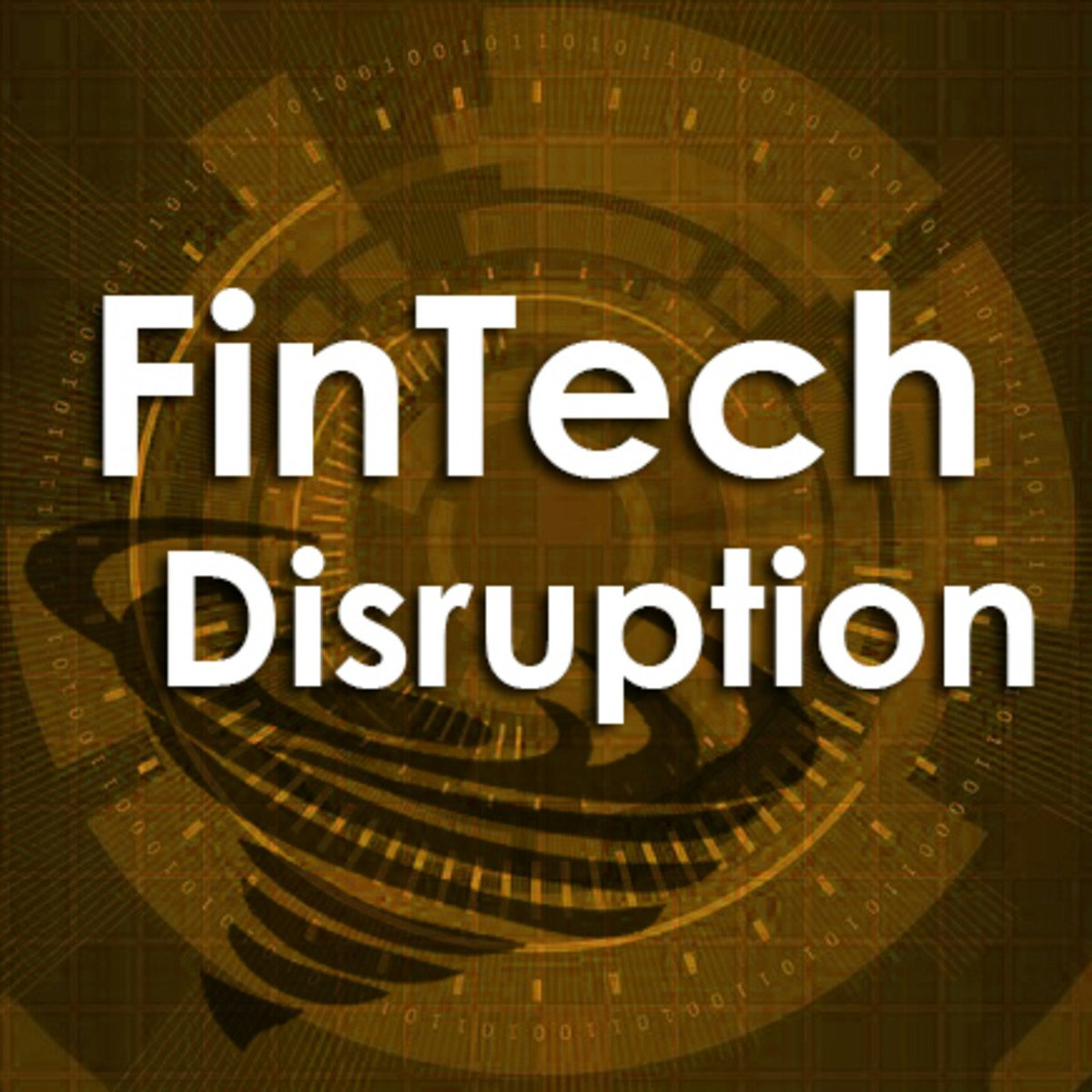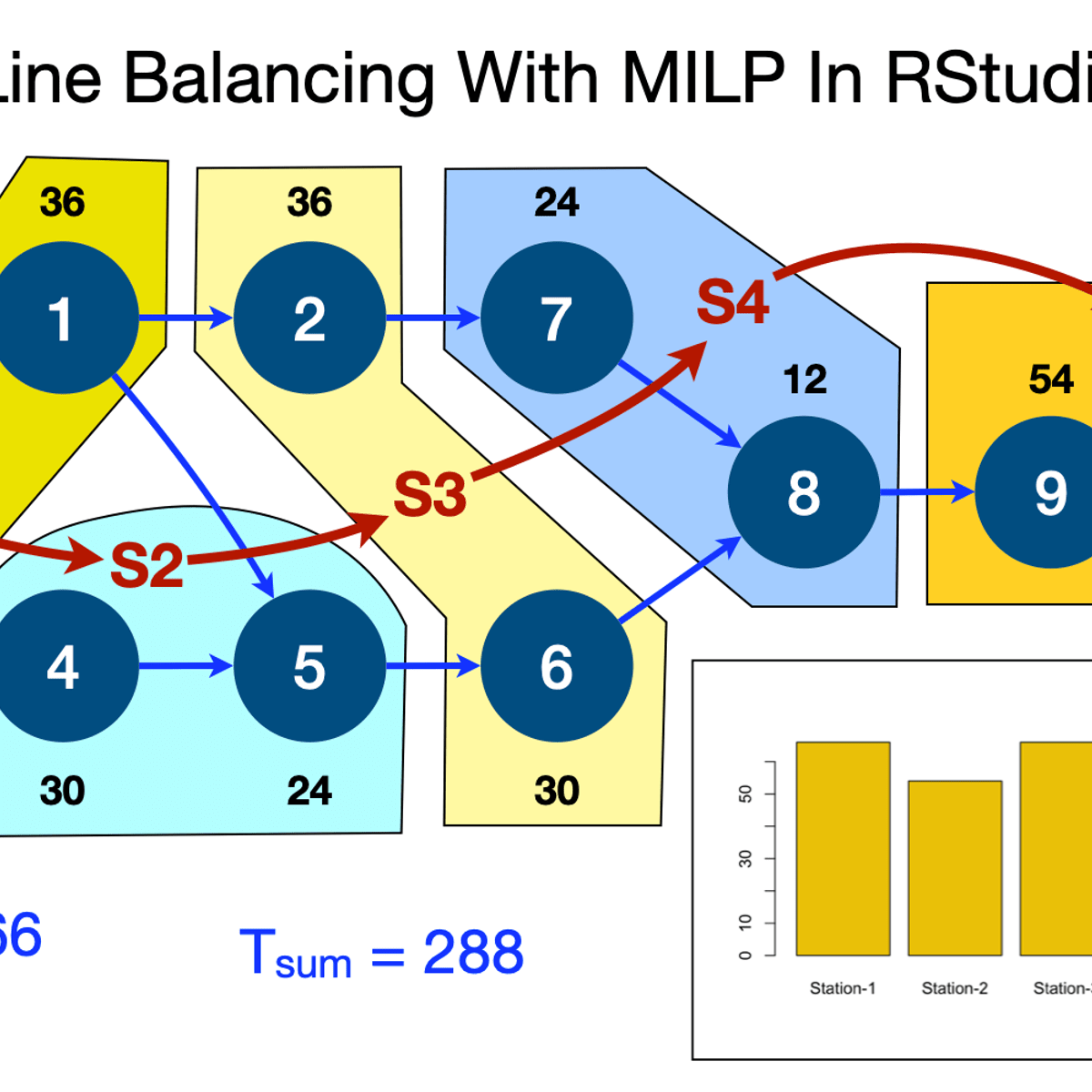Back to Courses









Business Strategy Courses
Showing results 1-10 of 543

FinTech Disruptive Innovation: Implications for Society
This course “FinTech Disruptive Innovation: Implications for Society” help you understand how disruptive innovations create opportunity in finance industry and its impact to society especially your career. You would be able to examine and analyse how FinTech innovations would affect companies that relates to FinTech services and how it might affect your career in finance.
You will learn about how peer to peer lending disrupt finance industry in different countries, the diversity of impact by FinTech in the comparison of East vs West, Big firms vs Small firms, and different generations etc., how to predict FinTech trends in different markets, and finally what you should do to pursue your career and secure your position in FinTech industry.

Consulting Presentations and Storytelling
This is the #5 course in the specialization on management consulting. In the previous 4 courses, we’ve learned how consultants break down problems with tools and logical thinking. Now, it’s time to bring all the parts together into consulting-quality presentations and deliverables. Every consulting project is different, and yet, the final presentation will have many of the same elements:
• Clear alignment among the stakeholders on the project goals
• Understanding on the consulting approach, assumptions, and decisions
• Thoughtful progression of ideas that “brings the audience along”
• Well-constructed PowerPoint slides (or excel model) which tell a clear story
• Impactful use of graphs, tables, data visualization
• Persuasive and authoritative delivery style

Research Methodologies
This course focuses on research methodologies. In this vein, the focus will be placed on qualitative and quantitative research methodologies, sampling approaches, and primary and secondary data collection. The course begins with a discussion on qualitative research approaches, looking at focus groups, personal interviews, ethnography, case studies and action research. We will also discuss quantitative research methods with a focus on experimental research design and survey methodology. There will be an exploration of the sampling design process and different sampling approaches, including probability and non-probability sampling as well as sample size and non-response issues. We will look at the nature and scope of primary and secondary data, and the importance of measurement. We will look at the role of the Internet in market research as well as non-comparative scaling techniques. The course ends with a discussion on different data collection approaches, with a focus on observation, content analysis, narrative research, phenomenology, and the collection of data using ethnography.

Line Balancing With MILP Optimization In RStudio
By the end of this project, you will learn to use R lpSolveAPI. You will learn to:
# Formulate Line Balancing Problem & Determine Objective Function
# Apply Constraints On Tasks Assignment To Stations
# Apply The Sum Of Durations Constraints On Tasks
# Apply Task Precedence Relationship Constraints
# Run Optimiser, Obtain & Analyse Solution

Research Proposal: Initiating Research
Market Research is a growing and important field that is used in many industries around the world. Given all the data that is collected whether by organizations, industries, social media, governments, etc., it’s important that someone can review and sift through all the noise to provide valuable insights. And that’s where you come in as a market researcher. This course will only scratch the surface and provide you a foundational understanding of this field.
In this course, you will be able to define market research and identify some tools used in the industry. You will be able to discuss the importance of secondary and internal research in terms of the planning process. You will be able to define what primary research is and identify the various ways to conduct primary research. You will be able to focus on an actual research plan or proposal for your peer review project. You will be able to compose a response to a request for a proposal or research plan and be able to address the various components of the proposal and package it in a professional manner.

Copyright Law
Copyright law is unique in the greater intellectual property regime, as it protects original expression that is fixed in a tangible medium and is the product of authorship. This course is designed for creative professionals — such as screenwriters, musicians, documentary filmmakers or artists — who want to understand the scope and limits of which works can enjoy U.S. copyright protection. The course will introduce students to the workings of copyright law through an examination of the system’s basic principles, rules, and institutions. Topics will include; the justifications for copyright law, copyrightable subject matter, authorship, the nature and scope of copyright’s exclusive rights, fair use, and remedies for infringement.
We will also explore real-world examples of legal battles surrounding copyright law, from the recent litigation over Robin Thicke’s hit song “Blurred Lines” to more peculiar cases such as the infamous “monkey selfie” case. By understanding what copyright does and does not protect, producers of creative expression will be able to protect and maximize the commercial value of their works.

Advanced Search Engine Optimization Strategies
This course focuses on technical, mobile and social strategies for increasing site traffic. Learn how to build SEO for international audiences through content localization, global team alignment and optimizing for local search engines. Discover techniques to optimize mobile-friendly websites, get mobile apps discovered, and leverage social media to drive organic SEO traffic. You will also learn how to identify key SEO metrics and collect, interpret, validate, and report success to your clients and stakeholders.

Influencer Marketing Strategy
Influencer marketing is the practice of engaging internal and industry experts with active networks to help achieve measurable business goals.
This course is about strategy. Although there is no all-purpose, one-size-fits-all influencer marketing strategy template, you will learn how to tailor one for a wide variety of B2B, B2C, and nonprofit organizations using the two-step flow model of communication.
But this course is also about tactics. I believe, “Strategy without tactics is the slowest route to victory. Tactics without strategy is the noise before defeat.” So, you will learn both in this 6-week long course.
Your final project for this course is to create a pitch deck for a social media influencer strategy. The purpose of your final project is to give you a concrete artifact that you can use to demonstrate your mastery of new competencies and skills to either the executives in your current organization or to prospective employers.

What’s Your Big Idea?
Whether your interest lies in solving the world’s biggest problems, creating the next commercial success or addressing something closer to home, this course will give you a toolbox to vet your ideas and test them in the real world.

Principles of Public Relations
In this course, learners are exposed to an overview of public relations principles and theories relevant to practice. You will explore the field, including the origin and trends affecting the future of the industry as well as how to land a job in public relations. This course provides a broad overview of working in public relations and how different tenets of persuasion are used in practice. The course also addresses ethical implications of public relations.
Popular Internships and Jobs by Categories
Find Jobs & Internships
Browse
© 2024 BoostGrad | All rights reserved